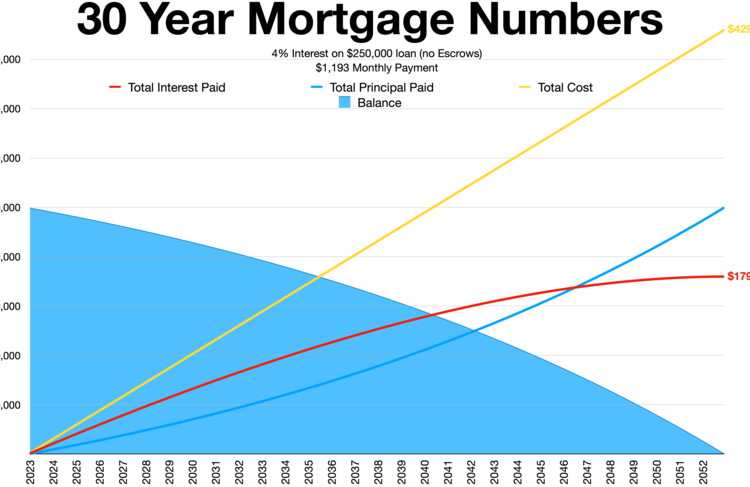Will affordability and newer models drive further growth?
- Tesla bulls and bears have differing opinions on EV growth
- EV sales growth slowdown attributed to high interest rates and slowing economy
- States with highest EV adoption rates lean Democratic, have higher incomes, and higher urbanization rates
- 85% of EVs are owned by Americans in the top third of income and almost 80% are owned by city dwellers
- EV adoption is at an earlier stage in more conservative, less affluent, and more rural states
- Affordability is the biggest issue for EV growth
- Cheaper EVs and newer models needed to drive further growth
- Total EV growth, penetration, valuation, profit margins, and competition impact Tesla stock
Tesla bulls and bears have differing opinions on the growth of electric vehicles (EVs). Bulls argue that the recent slowdown in EV sales growth is temporary and driven by high interest rates and a slowing economy. Bears, on the other hand, believe that the market for EVs may be reaching saturation among wealthy, tech-savvy early adopters, and that mass market consumers are not yet ready to purchase EVs. A recent report by Bernstein analyst Toni Sacconaghi examined state-level data and found that states with the highest EV adoption rates tend to lean Democratic, have higher incomes, and higher rates of urbanization. However, Sacconaghi believes that EV adoption is still at an earlier stage in more conservative, less affluent, and more rural states. The biggest issue for EV growth, according to Sacconaghi, is affordability. The average price of an EV is still higher than that of nonluxury vehicles, and the U.S. needs cheaper EV options. RBC analyst Tom Narayan, a Tesla bull, agrees that prices need to come down and that car buyers are looking for newer models. Overall, the growth and penetration of EVs, as well as factors such as valuation, profit margins, and competition, are all important considerations for Tesla stock and its price targets on Wall Street. While there is disagreement among analysts, the potential for further growth in the EV market remains, especially with more affordable options and newer models.
Factuality Level: 7
Factuality Justification: The article provides information about the analysis of EV sales growth and the factors influencing it. It includes data from a Bernstein analyst and an RBC analyst. The information presented is based on their findings and opinions, which may have some bias. However, the article does not contain any misleading or inaccurate information.
Noise Level: 4
Noise Justification: The article provides some analysis on the factors affecting EV sales growth and the characteristics of EV owners. However, it lacks scientific rigor and intellectual honesty as it relies on the opinions of analysts without providing evidence or data to support their claims. The article also goes off-topic by discussing Tesla stock performance and market indices. Overall, the article contains some relevant information but lacks depth and fails to provide actionable insights or solutions.
Financial Relevance: Yes
Financial Markets Impacted: Tesla stock
Presence Of Extreme Event: No
Nature Of Extreme Event: No
Impact Rating Of The Extreme Event: No
Rating Justification: The article discusses the growth of EV sales and its impact on Tesla stock. It mentions the need for cheaper EVs and newer models to drive further growth. There is no mention of any extreme events or their impact.
Public Companies: Tesla (TSLA)
Private Companies: Chevy
Key People: Toni Sacconaghi (Bernstein analyst), Tom Narayan (RBC analyst)
Reported publicly:
 www.marketwatch.com
www.marketwatch.com 





